Jordan unleashes wrath on ISIS: 'This is just the beginning'
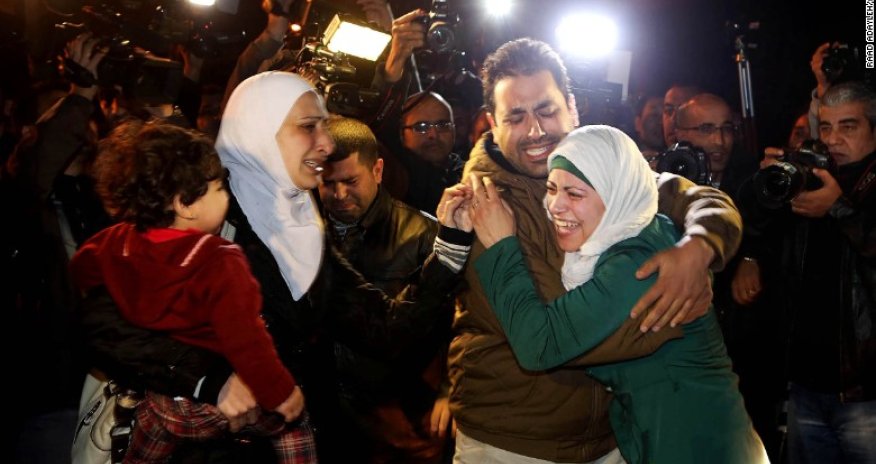
Two days after news emerged that ISIS had burned a captive Jordanian pilot to death, the Middle Eastern nation hit back, and is promising more.
Fighter jets carried out airstrikes Thursday, then returned to fly over the home of the slain 27-year-old pilot, Lt. Moath al-Kasasbeh, in the village of Ay in Karak governorate.
"This is just the beginning and you shall know who the Jordanians are," the armed forces said in a statement on state TV.
They claimed hits on ISIS training centers, arms and ammunition depots: "All targets were completely destroyed and all the planes returned to their bases safely."
The air mission was named "Moath the Martyr." State TV aired exclusive video footage of warplanes striking unspecified ISIS positions in Syria.
Jordanian Foreign Minister Nasser Judeh later stressed to CNN that the airstrikes marked the beginning of his nation's retaliation over the pilot's death, but not the start of its fight against terrorism. He vowed to destroy ISIS.
"We are upping the ante. We're going after them wherever they are, with everything that we have. But it's not the beginning, and it's certainly not the end," Judeh said.
The pilot's father, Safi al-Kasasbeh, told CNN that King Abdullah II had promised him that Jordan would avenge his son's death and bombard ISIS' de facto capital of Raqqa in Syria. On Thursday, he said that the King told him 30 Jordanian fighter jets participated in the strikes.
"The homeland is entrusted to you all," he said alongside Abdullah, in remarks shown on state television, referencing Jordan's military and calling for national unity. "... For you (troops), to honor Moath is to uphold your oath and to follow in his footsteps as soldiers for God, his prophet (and) Islam ... in defending this dear homeland."
Spokesman: 'These people will be punished'
Thursday's strikes were the latest that Jordan's military has carried out against ISIS, which captured Moath al-Kasasbeh after his F-16 fighter jet crashed near Raqqa on December 24.
Jordan is one of a handful of Middle Eastern nations taking part in the U.S.-led military coalition against ISIS. The air campaign continued with strikes elsewhere in Syria, including near Hasaka, about 150 miles (240 kilometers) northeast of Raqqa.
ISIS posted photos of the destruction, and Syrian Observatory for Human Rights director Rami Abdurrahman reported that 10 militants were killed.
The video of Moath al-Kasasbeh's execution came out Tuesday, though Jordanian authorities say they think he was killed a month earlier.
Whatever the timing, the proof and savagery of al-Kasasbeh's death have moved many in Amman and elsewhere not just to condemn ISIS but to vow strong actions against it.
Government spokesman Mohammed al-Momani told CNN that Jordan's response to the killing "will be strong and will be decisive."
"We will not let this crime of killing our pilots with the horrific way it was done pass without punishment," al-Momani said. "These people will be punished."
What comes next?
Analyst: Military response must be sustained to work
In addition to meeting with al-Kasasbeh's family, King Abdullah visited his armed forces headquarters, according to the state-run Petra News Agency. He voiced confidence in Jordanian troops' readiness and got a briefing on the latest airstrikes.
It's hard to tell right away how effective Jordanian military's mission was Thursday, or what the military will do next.
Retired U.S. Army Maj. Gen. James "Spider" Marks, a CNN military analyst, said the most important thing will be not just to have one strike but a persistent effort that's well-coordinated with the coalition military effort.
"It can't be a revenge attack, it can't be vitriolic," Marks said. "... If emotions brought them in, that's fine. But at this point, it needs to be a relentless, aggressive attack ... objectively controlled so that you can achieve results on the ground. And it needs to be sustained."
On Wednesday, Jordan executed two prisoners -- Sajida al-Rishawi, a would-be suicide bomber whose release ISIS had previously demanded as part of a prisoner exchange, and Ziad Karbouli, a former top aide to the deceased leader of al Qaeda in Iraq, Abu Musab al-Zarqawi.
Al-Kasasbeh's father had demanded more be done.
"These were criminals and there is no comparison between them and Moath. His blood is more valued than Sajida al-Rishawi and Ziad Karbouli," Safi al-Kasasbeh said. "... I demand that this criminal organization (ISIS) ... be annihilated."
(CNN)
ANN.Az
























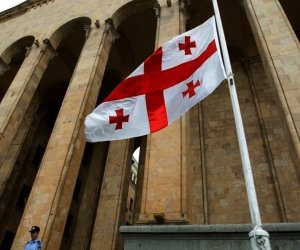

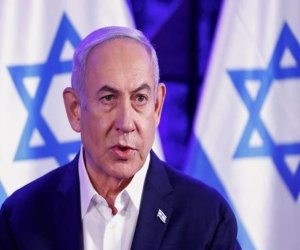
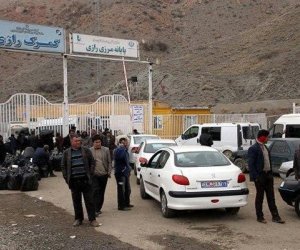
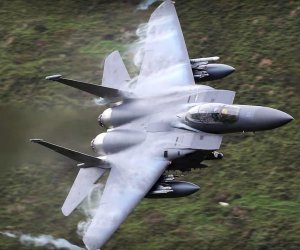
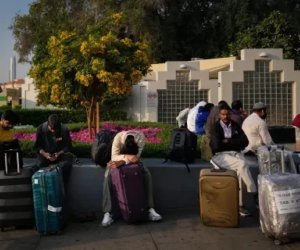
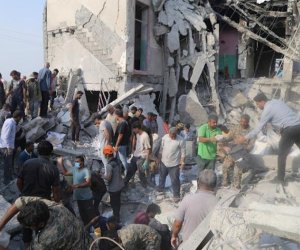
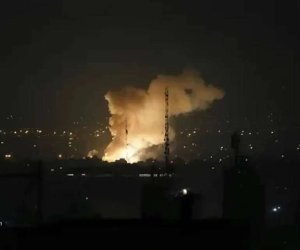




 Photo
Photo 



 Video
Video 

